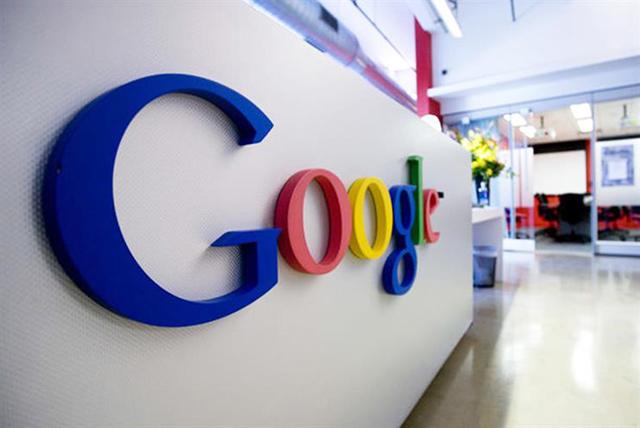You are here
Common sense in Information Technology
By Jean-Claude Elias - Apr 12,2018 - Last updated at Apr 12,2018
Thank you Google, Apple, Facebook a. for all the technology in the world, but before anything else, thank God for common sense.
There are laws, regulations and legal terms, and then there is common sense. This applies to everything in life, and naturally, it also applies to the world of the Internet and Information Technology.
Facebook’s recent woes with the Cambridge Analytica data leak affair should come as another wake up reminder that common sense is what should guide us all when we use social media in particular, and networks in general.
Never mind the rules and the promises made to you that your data is in safe hands and that it will never be disclosed to a third party, the risk will always be there, by the mere fact that your data is stored on some server computer and that the latter is connected to the world’s open network. There will never be anything such as a perfect guarantee; this is plain common sense.
Global IT systems and networks rule the world. From banking to airlines, government institutions, social media and everything in between, your data is there for all to see. Even banks, who by binding, written contracts, assure you they will never disclose your data, will have to do it if one day a higher authority comes and demands to see it, in the name of national security or other paramount reason. Again, common sense…
Facebook belongs to the famous GAFAM group — Google, Apple, Facebook, Amazon and Microsoft — which arguably constitutes the richest, the most powerful and the most influential “association” of entities in the world. Overall GAFAM enjoys a reputation of seriousness, of honesty, and their services and products are used and trusted by billions of people every day. And yet… problems concerning users’ data security and confidentiality arise every now and then. It is actually the opposite that would be surprising!
An online survey carried out earlier this week by the French newspaper Le Figaro shows that a massive 95 per cent of Facebook users will not trust it to better protect their personal data in the future.
When you are driving in your car, the safety belt, the sensors or the cameras your vehicle may be equipped with, the ABS brakes, and any other safety device, they all contribute to reduce the risk of accident, of hazard; however, driving will never reach the zero-risk security level.
IT networks are similar. No safety belt or algorithm of any kind, no contract, no password or biometrics will ever guarantee the complete, unconditional safety of your data. We just have to be aware of it, to understand it and to live with it — to live by it I would say. It is then up to us to decide what we want and are ready to disclose and how much to disclose — that is when and if we are given the choice to withhold any information!
Social media is not the only IT agent spying on you. Those small apps you download and install on mobile devices can be worse. They often are more insidious for they seem so “innocent” at first sight. They bluntly ask to access your contacts, your photos, your music, your calls log file. Common sense says they will end up doing something with all this wealth of information.
This is the age of networks and digital information. For better or for worse, problems may occur; not only because of data theft or disclosure, but because of human errors in manipulating digital data. Common sense applies here too.
My Internet Service Provider (ISP) recently upgraded my home subscription from copper wire-based ADSL to fibre optic. It was a big change and it involved, in addition to the new wiring required, some administrative changes in the subscription terms and in the data recorded in my file with the ISP.
Although everything seemed perfectly all right and the entire household was delighted to have the speed of fibre optic Internet at last, I used common sense and went to the ISP just to double-check the data in my file. My intuition was right: my 10-digits Jordanian national number had been entered with one digit wrong, thus making the subscription in someone else’s name. It was naturally quickly corrected, but I can imagine the consequences in terms of wrong and unpaid invoices, the disconnection of the service, had I not anticipated the problem.
Related Articles
It is no surprise to any person who accesses the web at least once a day, that Google search page is the most visited of them all on the net
Chances are that you have a network router at home. If you have Internet it almost automatically means that you do have a router.
You can think of them as five world superpowers in their own right.













